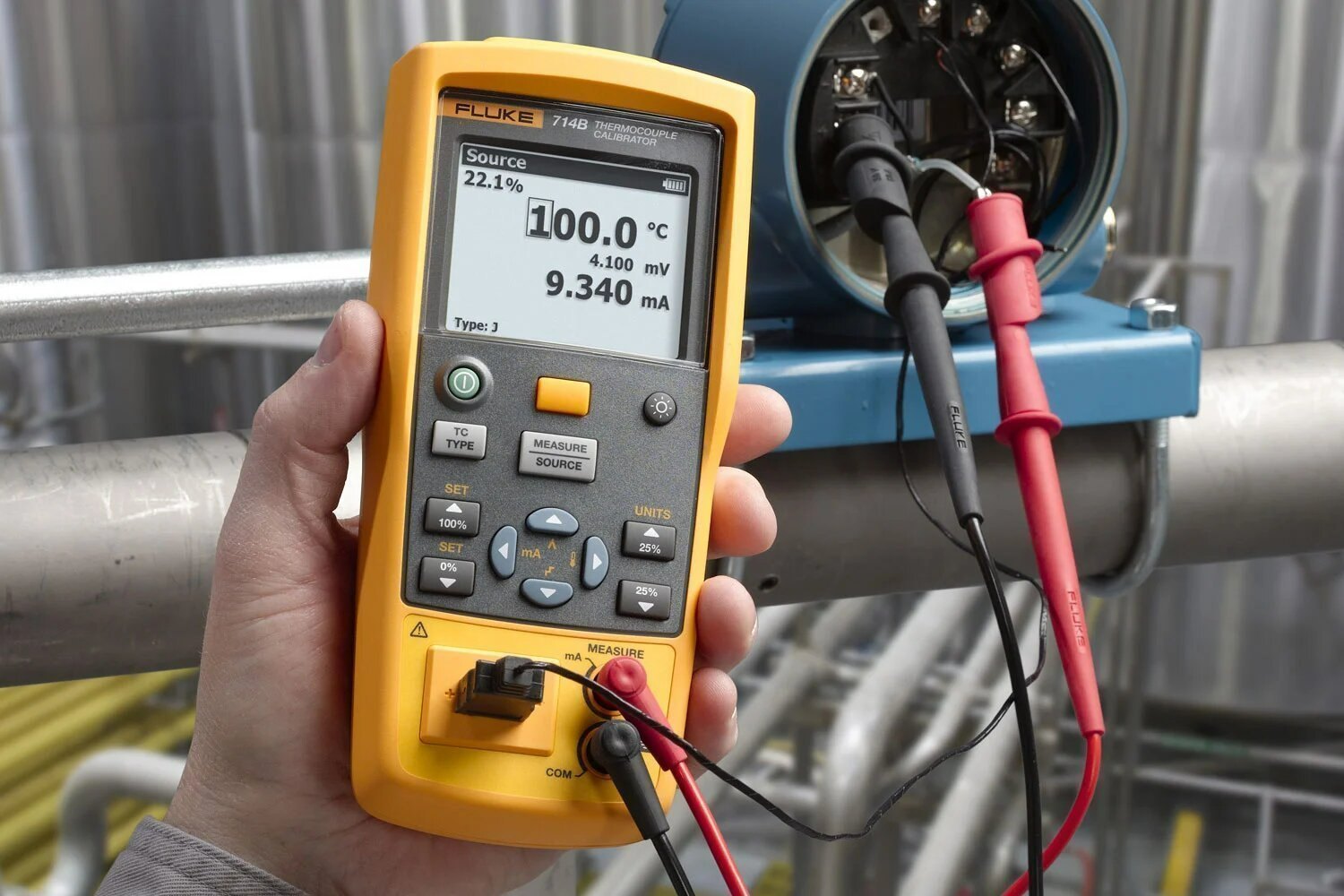
Temperature Calibrator Calibration in Bangladesh
Temperature calibrators play a crucial role in ensuring accuracy and reliability in various industrial, laboratory, and manufacturing processes. Accurate temperature measurement is vital for maintaining quality, safety, and compliance in sectors like pharmaceuticals, power plants, food processing, and chemical industries. In Bangladesh, businesses increasingly recognize the importance of professional temperature calibrator calibration to maintain operational excellence.
Why Temperature Calibrator Calibration is Essential
Temperature calibrators measure and verify the accuracy of thermometers, sensors, and other temperature measurement devices. Over time, these instruments can drift due to regular use, environmental conditions, or mechanical stress. Without regular calibration, inaccurate readings can lead to:
-
Poor product quality
-
Safety hazards in industrial processes
-
Regulatory compliance issues
-
Increased operational costs due to equipment errors
Professional calibration ensures that your devices meet international standards, giving you confidence in your measurements and reducing risks in your operations.
Pico Labs Ltd.: Your Trusted Calibration Partner
At Pico Labs Ltd., we specialize in Temperature Calibrator Calibration in Bangladesh, providing reliable and accurate calibration services for industries of all sizes. Our team of certified technicians uses state-of-the-art equipment and follows international calibration protocols to deliver precise results.
We understand that every industry has unique requirements, and we offer customized calibration solutions to meet your specific needs. From laboratory instruments to industrial sensors, our calibration services ensure that your temperature measurement devices perform at their peak accuracy.
Benefits of Choosing Professional Calibration
Choosing professional calibration services like Pico Labs Ltd. provides several advantages:
-
Accuracy Assurance: Certified calibration guarantees precise readings for all temperature devices.
-
Regulatory Compliance: Our calibration services help industries comply with ISO, ASTM, and other regulatory standards.
-
Extended Equipment Life: Regular calibration reduces wear and tear, enhancing the longevity of your instruments.
-
Operational Efficiency: Accurate measurements prevent costly errors, downtime, and product wastage.
How Temperature Calibrator Calibration Works
The calibration process involves comparing your temperature calibrator against a reference standard and adjusting it to ensure accuracy. At Pico Labs Ltd., we perform:
-
Initial device inspection
-
Temperature range testing
-
Calibration adjustment if needed
-
Detailed calibration report with traceable certification
This systematic approach guarantees that your temperature devices meet international accuracy standards and perform reliably in your operations.
Conclusion
In today’s competitive industrial landscape, accurate temperature measurement is non-negotiable. Regular temperature calibrator calibration in Bangladesh is essential for quality assurance, safety, and regulatory compliance. With Pico Labs Ltd., you get professional, reliable, and cost-effective calibration services tailored to your business needs. Trust us to ensure your instruments deliver precise results, every time.
